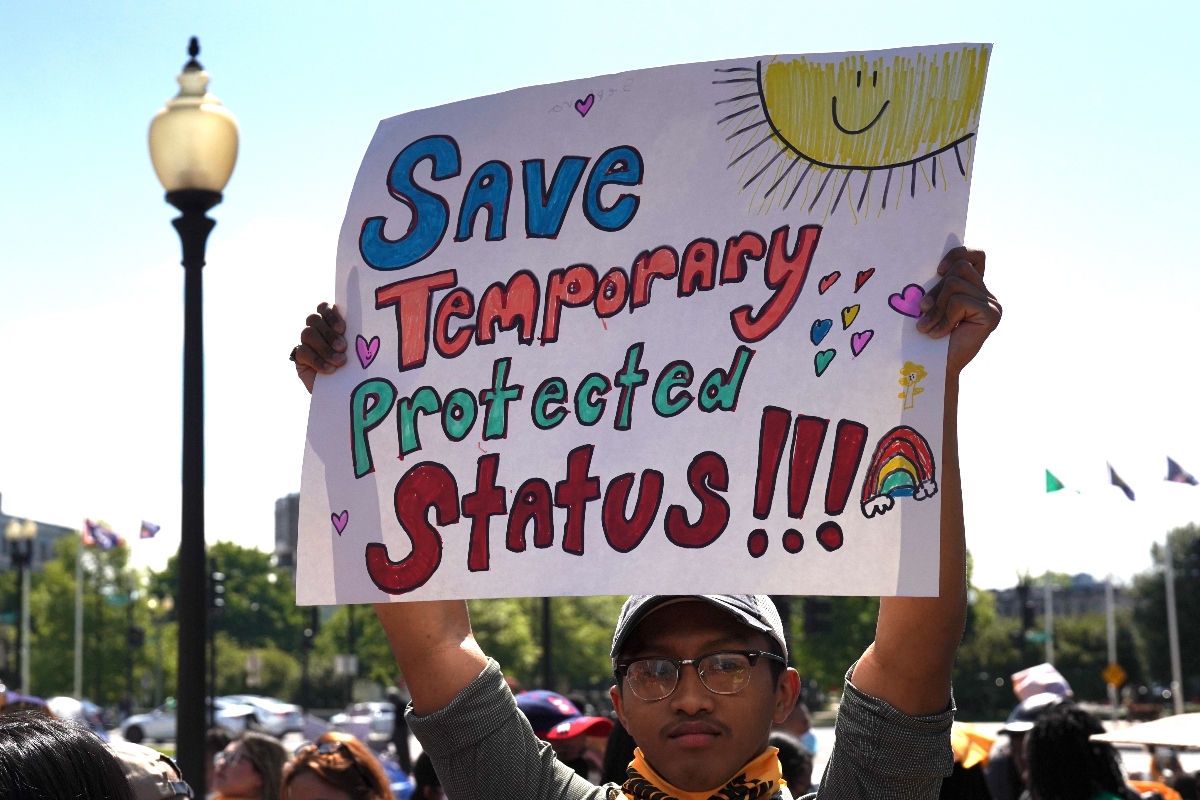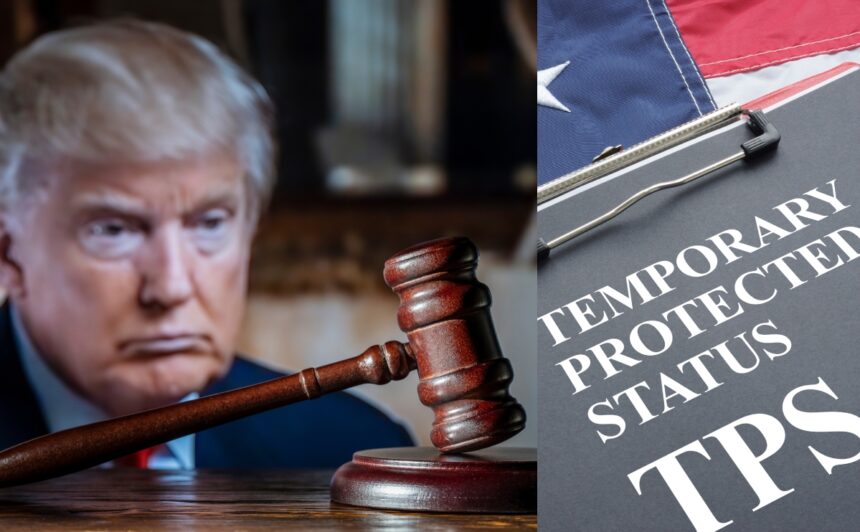An appeals court on Wednesday, August 20, allowed President Donald Trump’s administration to end Temporary Protected Status (TPS) for 60,000 immigrants from Honduras, Nicaragua and Nepal, marking a new victory for the White House in its crusade to end the executive-bestowed immigration benefit.
A panel of the Ninth Circuit Court of Appeals in California stayed a district court order that had allowed immigrants to continue with the relief that protects about 51,000 Hondurans and nearly 3,000 Nicaraguans from deportation.
Court of Appeals allows TPS to end

Nepalese TPS beneficiaries affected by the ruling have lived legally in the United States for more than ten years, while affected Honduran and Nicaraguan beneficiaries have maintained their status for more than 26 years.
The Department of Homeland Security’s termination of relief orders give immigrants only 60 days before losing status.
Immigrants covered by TPS had sued the Department of Homeland Security (DHS) alleging that it terminated the relief, which protects them from deportation, due to “racial animus.”
In this regard, DHS Deputy Secretary Tricia McLaughlin argued earlier this month that the cancellation of the injunction responds to a mandate to “restore the integrity” of the immigration system and return TPS to its original goal.
“TPS was never intended as a de facto asylum system; however, that is how it has been used by previous administrations for decades,” the official stressed.
In contrast, Emi MacLean, staff attorney for the American Civil Rights Union (ACLU) Foundation of Northern California, said in a statement that this Administration’s attack on TPS is part of “a coordinated campaign” to deprive non-citizen immigrants of any legal status.
“Today’s ruling is a devastating setback, but it is not the end of this fight. TPS humanitarian protection is important and cannot be decimated so easily,” the lawyer added.
For his part, Ahilan Arulanantham, co-director of the Center for Immigration Law and Policy at the University of California Los Angeles (UCLA) criticized the panel’s decision and warned that the plaintiffs “deserve better” than what the judges determined.
The panel’s ruling means that Nepalese TPS beneficiaries will lose their legal status and work authorization immediately.
While Honduran and Nicaraguan TPS beneficiaries will lose their protection on September 8.
Jessica Bansal, an attorney with the National Day Laborer Network (NDLON), which promotes the TPS Alliance, said the end of the injunction will cause enormous hardship for tens of thousands of families.
This includes more than 40,000 U.S. citizens who are children of TPS beneficiaries.
Besides Appeals Court ends TPS, the Trump Administration has also cancelled TPS for some 350,000 Venezuelans and at least half a million Haitians, among other migrants.
Today's ruling is a devastating setback, but it is not the end of this fight
Emi MacLean, ACLU's lawyer





















